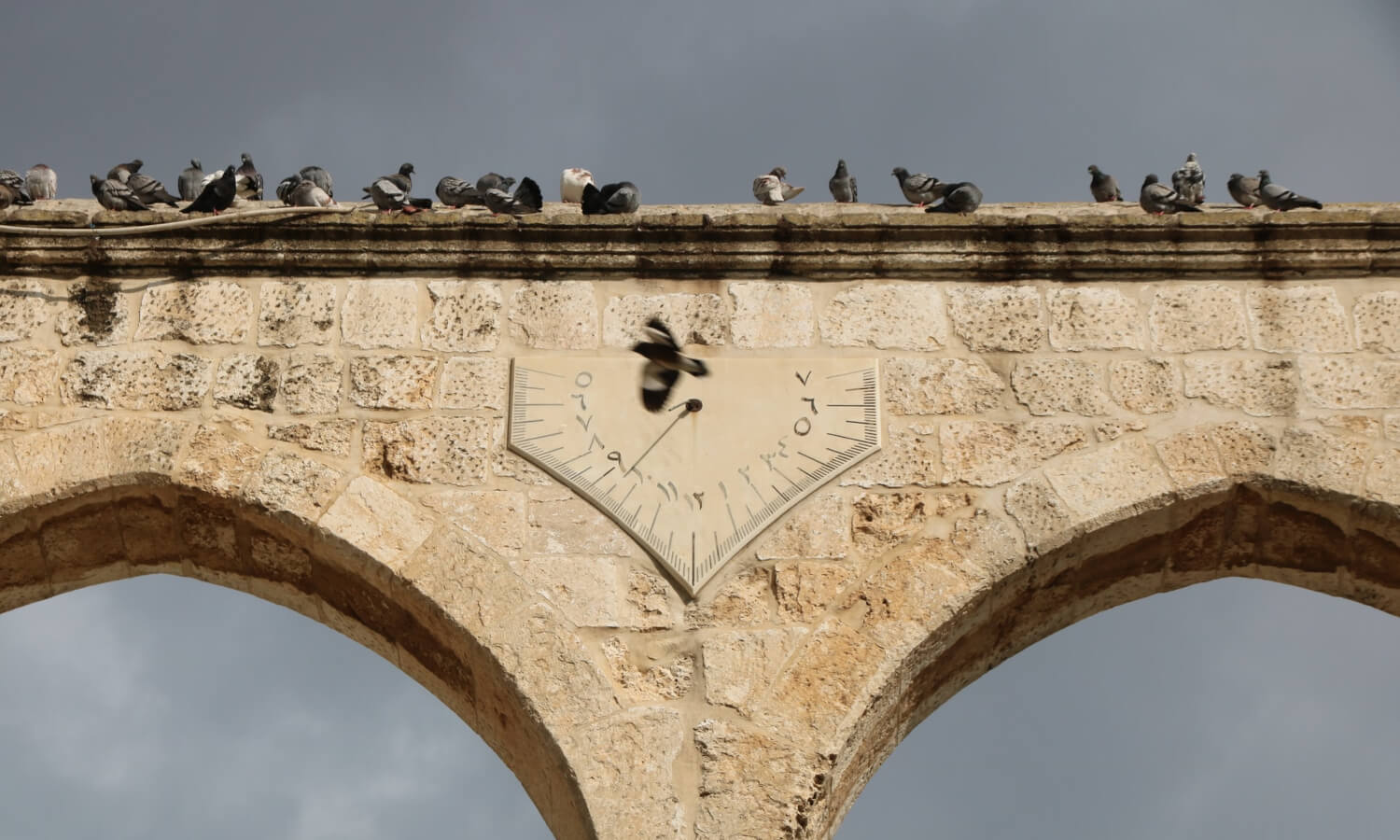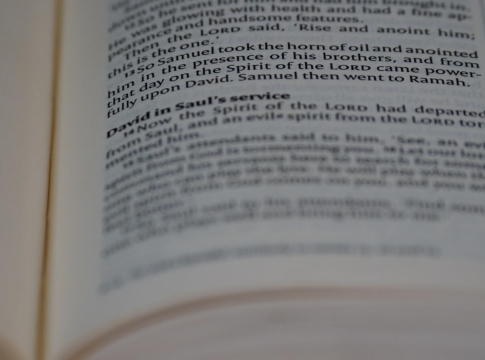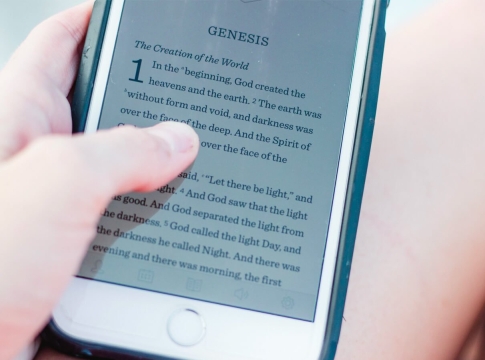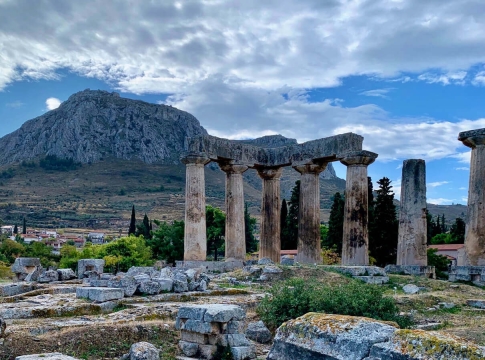
To be sure, the Bible’s best-known book is not the book of Haggai. It is merely two chapters long and covers a subject that most modern Christians are not particularly interested in: rebuilding the temple in Jerusalem. However, if we study this book with attention and care, it has important teachings for believers everywhere in the world and throughout all eras.
Historical background
Haggai’s book was composed in the second year of Persian King Darius, according to the book’s opening line. It was 520 BC at this time. For the people of Israel, who had recently returned from captivity, this was a unique period.
God forewarned the Israelites not to turn from Him when He gave them the country of Canaan as their own. If they did, God would take them from His presence. They would be banished to other nations from their promised land. The folks made a commitment to give the Lord their all. However, people did frequently turn away from God and worship idols during the ensuing decades. They were consequently [taken into exile].
God did not abandon them permanently, though. The Persian ruler gave the Israelites permission to return to their nation in 538 BC. A small group of individuals began reconstructing their nation, Jerusalem’s temple included. They were granted permission to return to their native territory, but they remained under Persian rule and were largely reliant on King Darius. This is the history of the book of Haggai.
Outline of the book
The book of Haggai consists of a series of sermons:
- In the first sermon, God calls the people to rebuild the temple. When they first returned from exile, they had started to build. But they met resistance from neighboring people groups, and after a while, they lost the motivation to take up the work again. Now about sixteen years had passed and the temple still lay in ruins. That is a clear sign of the people’s poor spiritual state. Their lack of progress is not due to difficult circumstances anymore but to their different priorities. They claim that “the time has not yet come to rebuild the house of the Lord”, but find ample time to embellish their own houses! God tells them that the poverty and misfortune they suffer, is his judgment on their negligence. He calls them to start building again.
- The people follow what God says. Then, once more, God speaks to reassure them, saying, “I am with you, declares the Lord.” Haggai 1:13.
- Four weeks after the people started building, God speaks again to them by the hand of Haggai. Some of the Israelites who returned from exile, saw Solomon’s temple before it was destroyed. They remember how great it was, and the new temple is “nothing” in comparison. No matter how hard they try, they will never be able to match up to the splendor of this former temple. That makes them sad and depressed. Therefore, God assures them once more that He is with them and promises: “I will fill this house with glory … And in this place I will give peace, declares the Lord of hosts.” (Haggai 1:7-9) No matter how insignificant the building work might look, God will bless it and will make it part of His glorious future.
- Haggai’s next message is three months after the first exhortation to rebuild the temple. This time, the Lord addresses the people’s half-heartedness. He refers to familiar rules about ritual purity to explain that good deeds cannot make the people’s hearts clean. Outer obedience does not replace inner devotion and sincere love. God’s “solution” for their half-heartedness is not to punish the people again. On the contrary, He says: “I struck you and all the products of your toil with blight and with mildew and with hail, yet you did not turn to me,” declares the Lord. “Consider from this day onward … from this day on I will bless you.” (Haggai 2:17-19) God is going to shower the people with his mercy to prove to them how good He is.
- The governor, Zerubbabel, is the target of the final sermon. God assures that Zerubbabel will be given royal authority and that foreign nations’ tyranny will end. These passages seem difficult at first since it doesn’t seem like the promise was kept! Other accounts have shown us that the Israelites were still under the rule of a foreign power in Jesus’ day, which was 500 years later. Zerubbabel’s reign was short-lived. However, Matthew’s narrative highlights Zerubbabel’s lineage and demonstrates that Jesus Christ was descended from him (Matthew 1:12-16). According to Luke 1:30–33, Jesus is the King of Glory, whose reign over the nations will never come to an end.
Some lessons for us
- Despite knowing that God desired them to rebuild the temple, the people of Haggai’s day disregarded their calling in favor of making improvements to their own homes. Think about your life for a moment. Are you [ignoring your calling] or are you establishing the proper priorities?
- God may sometimes ask us to take on a challenging task. Matthew 28:20, however, gives us the assurance that He is with us. He gives us the power and encouragement to complete the tasks He gives us.
- God gradually corrects and teaches His children. Before we may have a relationship with Him, He does not demand perfection from us; if that were the case, we would not require a Savior at all. We can approach God exactly as we are, but God has the power to reveal to modern believers patterns of sin in their life that need to be addressed, just as the Israelites got constant rebuke on their lack of zeal.
- God gives us hope by showing us His magnificent future. Sometimes it’s hard to predict when or how these dreams will be realized. However, when we read Haggai’s work in light of the entire Bible, our confidence that [God will fulfill His promises] is strengthened.
You can sign up for our YouVersion Reading Plan on the book of Haggai if you’d want to explore this Bible book more.





